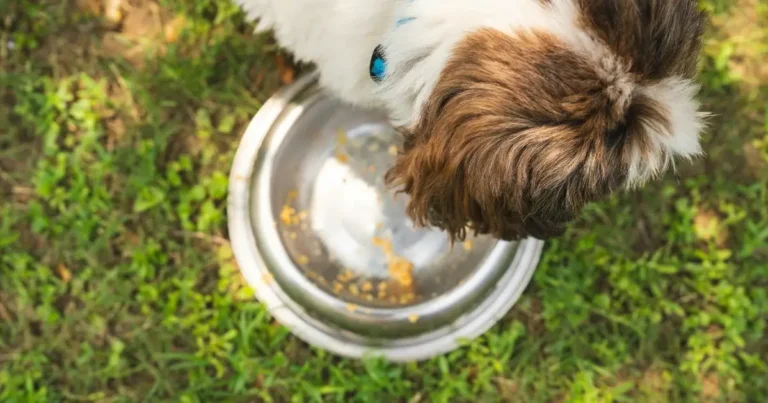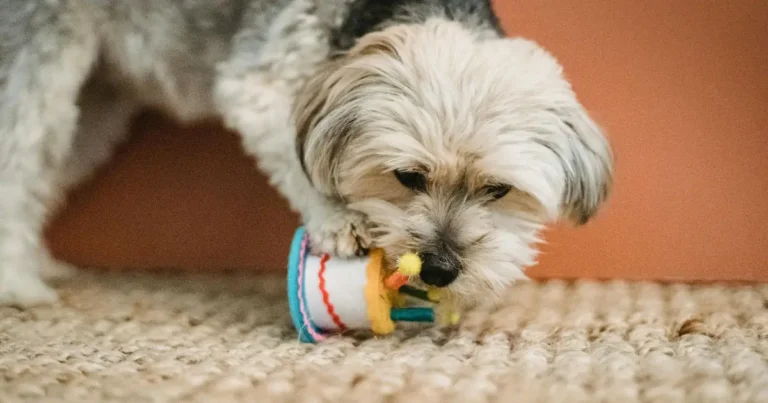Welcome to Loki & Nala Family
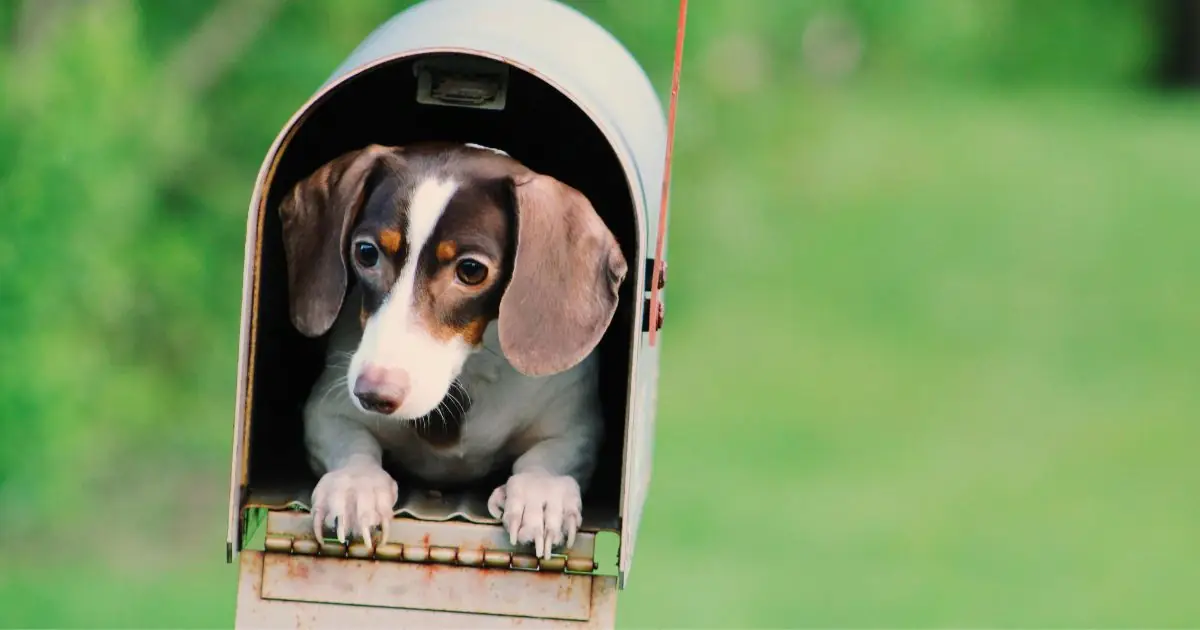
Table of Contents
1. Is Your Puppy Missing Out on Crucial Socialization? Here’s Why It Matters
Learning how to socialize a puppy is one of the most essential steps in raising a well-rounded, confident dog. Early socialization introduces puppies to new experiences, people, and environments, helping them adapt and reducing the likelihood of fear or aggression as they grow. For your puppy to develop into a balanced adult, It’s vital to start socialization in the crucial window from 3 to 14 weeks old. At this stage, puppies are naturally curious and more receptive to positive experiences, making it the perfect window for puppy socialization.
Without proper exposure during this early stage, a puppy may be more prone to behavioral issues, including anxiety and fear-based reactions. Missing out on these vital experiences can make daily situations more stressful for your dog, ultimately impacting their quality of life and your relationship with them.
2. When Can Puppies Start Meeting Other Dogs Safely? Avoid These Common Mistakes
You might wonder, “When can puppies meet other dogs safely?” Generally, puppies can begin social interactions with other vaccinated, well-behaved dogs as early as 8-10 weeks old. However, it’s essential to consult your veterinarian first to ensure that your puppy is up-to-date on vaccinations and parasite prevention before any socialization sessions.
Early puppy socialization helps your pet become comfortable around other dogs, but avoid crowded areas like dog parks until all vaccines are complete. Instead, start with controlled environments, such as puppy playdates or supervised puppy classes, where the risk of illness is minimized. Also, watch for any signs of stress or discomfort in your puppy and avoid overwhelming them with overly energetic dogs at first.
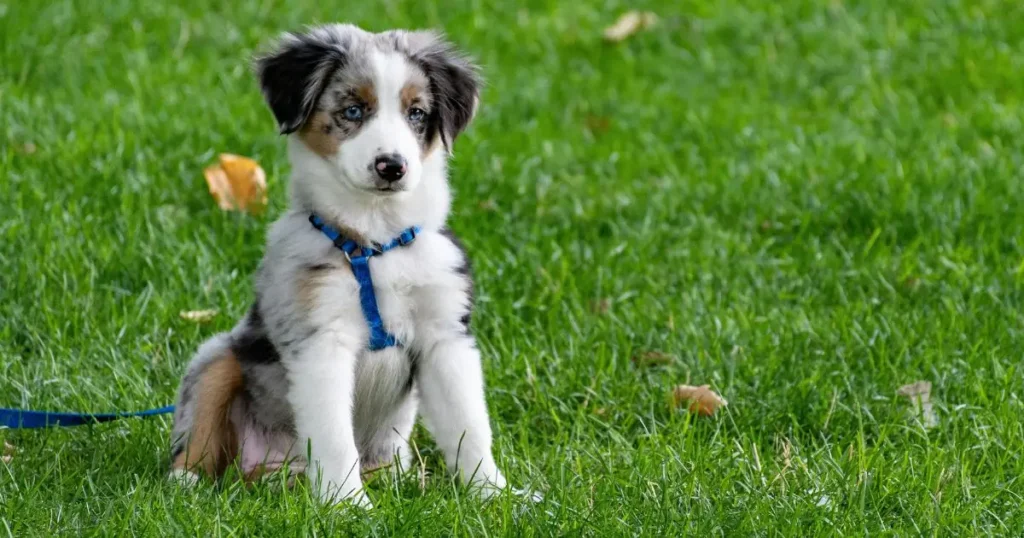
3. Can Proper Socialization Prevent Future Aggression? Uncover the Truth
Early socialization is one of the most effective ways to prevent aggression in dogs. By exposing puppies to different situations and environments, they learn how to respond calmly and confidently rather than reacting out of fear. Introducing them to friendly, calm dogs teaches them polite play and communication, reducing the chances of fear-based aggression in the future.
Through structured socialization, puppies develop resilience and adaptability. With positive experiences, they are less likely to perceive other dogs, people, or situations as threats. However, it’s essential to understand that socialization isn’t just exposure but positive exposure. Positive reinforcement techniques, like treats and praise, can make each new interaction a pleasant experience, reducing any chances of aggressive responses later on.
4. What Are the Best Ways to Introduce Your Puppy to New Faces and Places?
A key part of dog socialization training is exposing your puppy to new people and environments. Start by introducing your puppy to various people — from children to seniors — as well as people with different appearances, such as those wearing hats or glasses. Gradually bring your puppy to different places like parks, streets, and even pet-friendly stores to give them a sense of the world around them.
When introducing your puppy to new places, keep their comfort level in mind. Too much, too fast, can be overwhelming, so take it slowly and increase exposure as your puppy gains confidence. Make sure to bring treats and encourage them to explore new environments positively. Introducing them to various places and people will help your puppy be at ease in public spaces and less likely to feel anxious in unfamiliar situations.
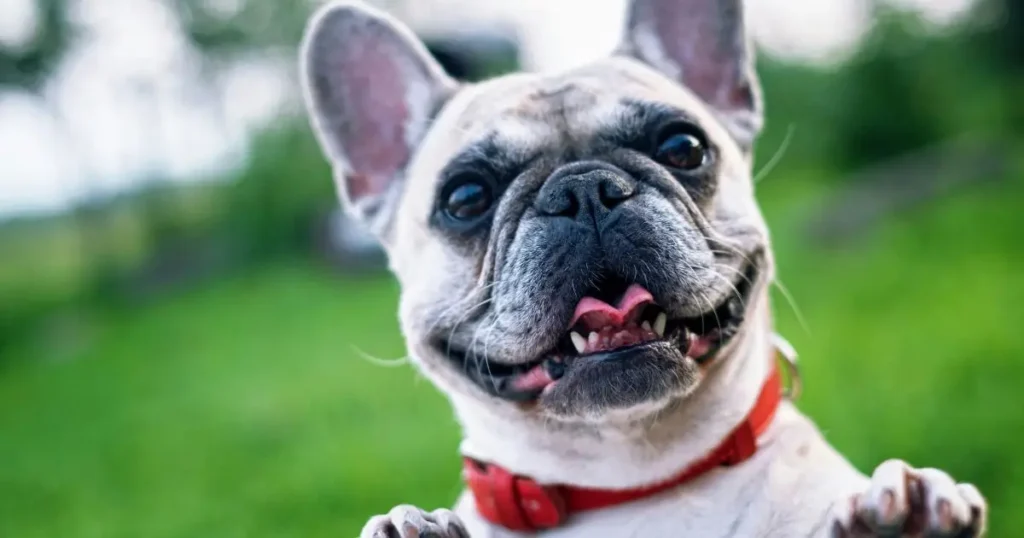
5. Are You Accidentally Scaring Your Puppy? Learn How to Make Socialization Positive
It’s easy to overwhelm or frighten a puppy unintentionally. For instance, forcing a shy puppy into a large group of people or other dogs too soon can cause more harm than good. To make socialization positive, follow your puppy’s lead and avoid pushing them into situations that cause visible stress, like tail-tucking or hiding.
During socialization, monitor your puppy’s body language closely. Signs of fear, like cowering or refusing to move, indicate that it may be time to take a step back and introduce a gentler approach. Rewarding your puppy with treats, petting, and soothing words when they encounter new experiences keeps the process positive. Remember, puppy socialization is about building confidence, not forcing compliance, so go at a pace that’s comfortable for your pet.
6. How Early Should Puppy Socialization Begin? Timing Is Everything
The timing of puppy socialization is essential. Most experts recommend starting socialization between 3 to 14 weeks of age. By 16 weeks, a puppy’s critical socialization window begins to close, making it harder for them to adapt to new experiences without fear or anxiety.
Puppy socialization doesn’t end after the critical period. While early socialization sets a solid foundation, continuing socialization throughout their first year can reinforce positive behaviors and keep them comfortable in various situations. This ongoing exposure ensures your puppy continues to learn, grow, and adapt to new experiences, supporting them in becoming a well-adjusted adult.
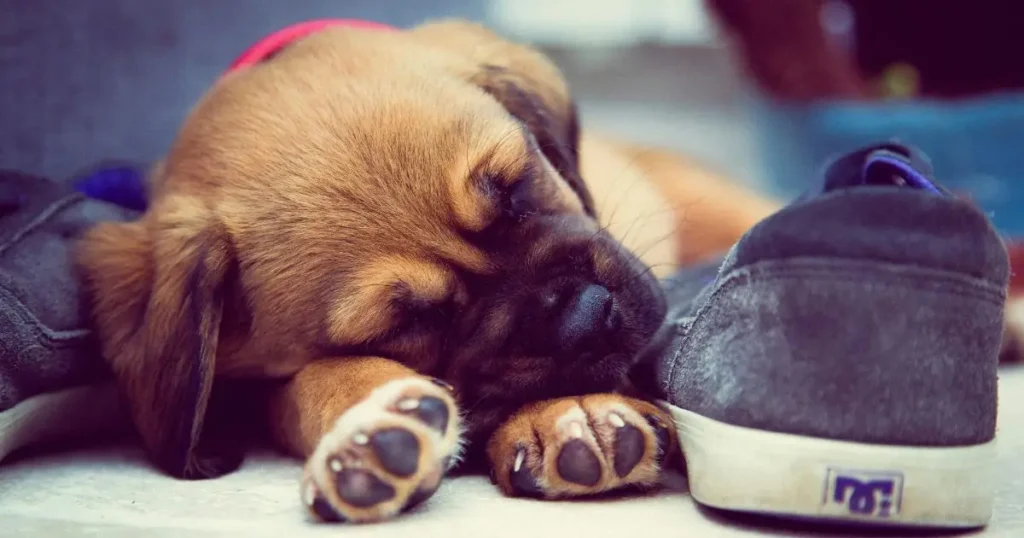
7. Why Some Puppies Struggle with New Experiences and How to Help Them
Not all puppies are naturally outgoing or comfortable in new settings. Some breeds are more cautious, while others may be born with shy or reserved personalities. Puppies showing these behaviors need additional patience and gentle support to help them conquer their anxieties.
To support shy puppies, use gradual exposure paired with rewards. Start by introducing them to new experiences in a controlled environment, such as allowing them to observe from a safe distance. Letting them see other friendly dogs and people from afar and gradually moving closer can help them build confidence over time. Additionally, “puppy socialization classes” provide structured support and allow shy puppies to interact at their own pace.
8. Is Your Puppy Prepared for Real-World Situations? Key Socialization Exercises
Preparing your puppy for real-world situations involves gradually increasing the complexity of the environments they experience. Some helpful socialization exercises include practicing controlled leash walking, exposing them to different sounds like traffic or vacuum cleaners, and encouraging interactions with strangers.
Try incorporating games and training exercises that encourage your puppy to focus on you despite distractions, as this can be helpful when navigating busy areas or crowded parks. Remember, your goal is to help your puppy feel comfortable and capable in any setting they might encounter in adulthood.

9. How to Help Shy Puppies Become Social Butterflies: Tips for Success
Helping a shy puppy become more outgoing takes time and consistency, but it’s very possible. Start by letting your puppy watch friendly dogs, and people from a distance and gradually reduce this distance as their comfort grows. Take note of what scares or excites them and use high-value treats to reward calm behavior in each new situation.
Using a calm, confident demeanor is key to helping shy puppies feel safe. If your puppy senses that you’re comfortable, they’re more likely to relax, too. Short, positive socialization sessions will be more effective for shy puppies than long, overwhelming ones. Always prioritize quality over quantity in socialization experiences to support your puppy’s comfort and confidence.
10. Are You Ready to Start Dog Socialization Training? A Step-by-Step Guide
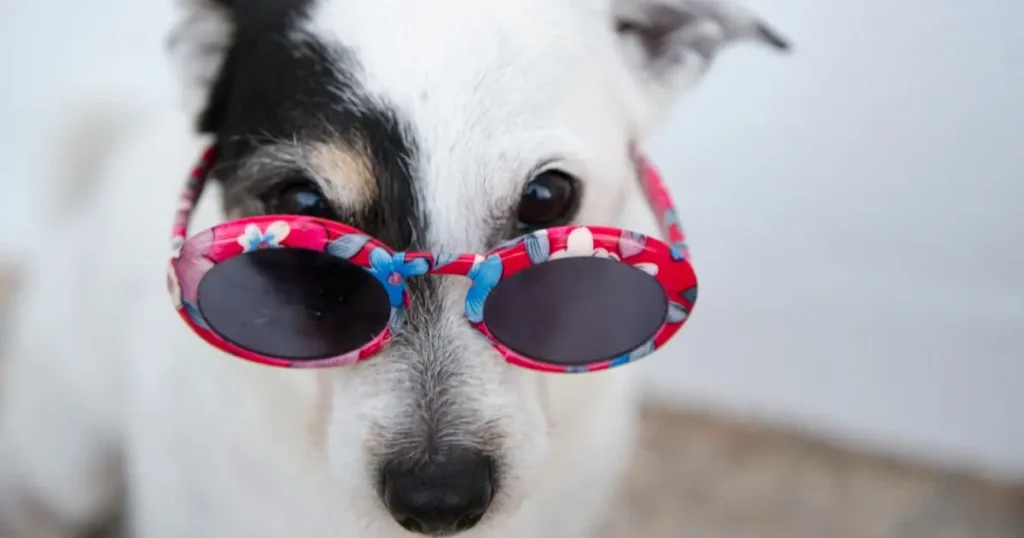
Starting dog socialization training might feel overwhelming, but by following simple steps, you can help your puppy develop essential social skills. Begin by making a list of experiences, places, and people to introduce gradually. Incorporate activities that expose your puppy to different sights, sounds, and textures, and use treats or toys to reinforce their calm behavior positively.
- Set Goals: Outline specific socialization goals, such as meeting new dogs or walking in a busy area.
- Start Slowly: Begin with low-stress environments and work up to busier settings.
- Reward Positivity: Encourage and reward your puppy’s calm responses.
- Puppy Classes: Sign up for a reputable puppy socialization class to safely introduce your dog to others.
- Consistency: Socialization isn’t a one-time event. Regular practice will build lasting confidence.
Taking the time to socialize with your puppy through structured training gives them the tools to become well-mannered adult dogs. Investing in their socialization now will yield lifelong benefits, strengthening your bond and making their world bigger.
Following this comprehensive guide to socializing your puppy sets the foundation for a happy, adaptable companion ready to navigate the world confidently. Proper socialization isn’t just about exposure; it’s about creating positive experiences that will last a lifetime, giving your puppy the best chance to grow into a balanced, joyful adult dog.
You can also read:
How to Travel With a Cat: A Complete Guide for Planes, Cars, and Trains
10 Fun and Creative Dog Birthday Ideas to Celebrate Your Pup


